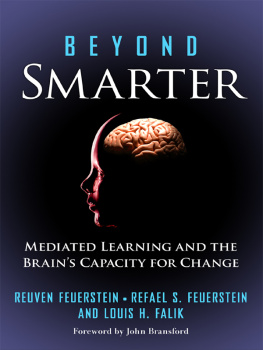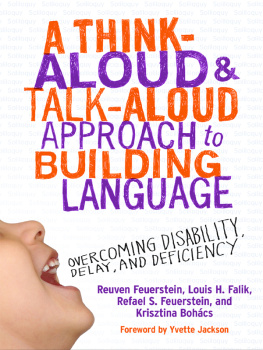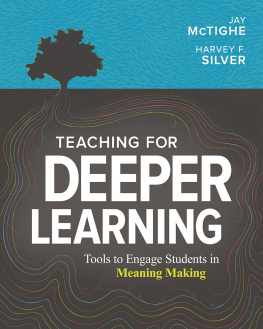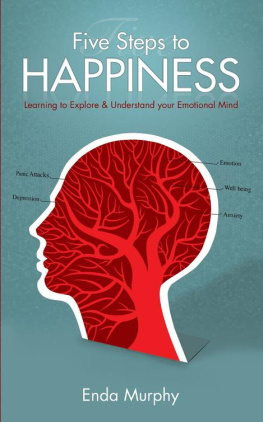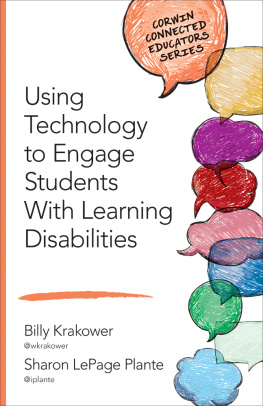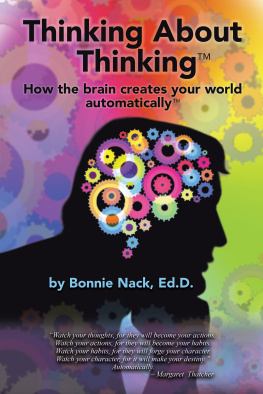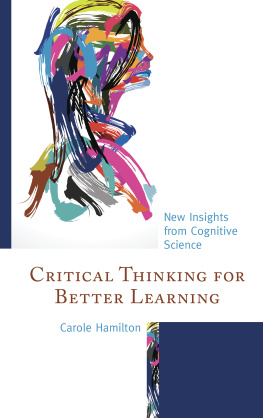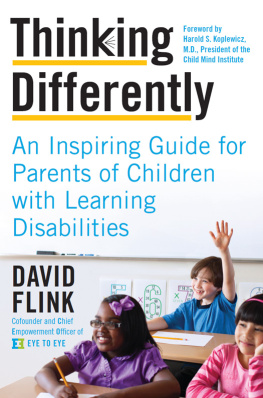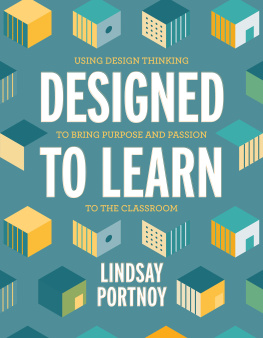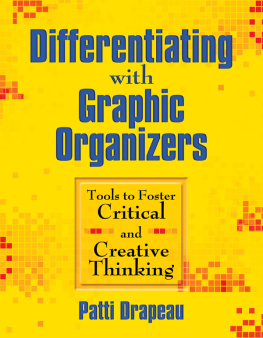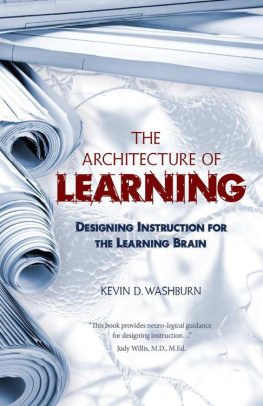Reuven Feuerstein is one of a handful of educational thinkers and practitioners who has made a significant, lasting contribution to our understanding of human learning.
America has the opportunity and obligation to fully develop the intellectual capital of all its students. Reuven Feuerstein has provided us with the antidote for the pernicious gap between intellectual potential and academic achievement that millions of our students experience.
This book is a must-read for any individual who believes that there are no barriers to what a mind can learn to do, especially when aided by skilled mediators who believe deeply that brains can grow, minds can change, and intelligence is not fixed.
James A. Bellanca,
CEO, International Renewal Institute, Inc.
This book will make a valuable contribution to the intense debate concerning schooling in America and will help to effect change both systematically and individually. Whether you are a policymaker, a superintendent, a principal, or a classroom teacher, this book will give you both hope and practical knowledge. Feuersteins work invites educators to focus on the radical improvement of mental capacities in the lives of students, regardless of the severity of the students other difficulties. This book is a significant contribution to the national effort to improve schooling in America and to prepare our students for life in the 21st Century.
Monsignor James E. Gilg,
Superintendent of Schools, Archdiocese of Omaha
BEYOND SMARTER

MEDIATED LEARNING AND THE BRAINS CAPACITY FOR CHANGE
REUVEN FEUERSTEIN
REFAEL S. FEUERSTEIN
LOUIS H. FALIK
Foreword by John D. Bransford

Teachers College
Columbia University
New York and London
The authors would like to thank David Herman, who performed the English translation of the material in this book, which was drawn from a series of radio broadcasts delivered in Hebrew by the lead author and subsequently published in Israel.
Published by Teachers College Press, 1234 Amsterdam Avenue, New York, NY 10027
Copyright 2010 by Teachers College, Columbia University
All rights reserved. No part of this publication may be reproduced or transmitted in any form or by any means, electronic or mechanical, including photocopy, or any information storage and retrieval system, without permission from the publisher.
Library of Congress Cataloging-in-Publication Data
Feuerstein, Reuven.
Beyond smarter: mediated learning and the brains capacity for change / Reuven Feuerstein, Refael S. Feuerstein, Louis H. Falik.
p. cm.
Includes bibliographical references and index.
ISBN: 978-0-8077-5118-3 (pbk.: alk. paper)
ISBN: 978-0-8077-5119-0 (hardcover: alk. paper)
1. Educational psychology. 2. LearningPhysiological aspects. 3. Brain. 4. TeachingUnited StatesPsychological aspects. I. Feuerstein, Refael S. II. Falik, Louis H. III. Title.
LB1051.F43 2010
370.152dc22
2010011944
ISBN: 978-0-8077-5118-3 (paper)
ISBN: 978-0-8077-5119-0 (hardcover)
e-ISBN: 978-0-8077-7220-1
THE AUTHORS DEDICATE THIS BOOK TO
the loving memory of Berta Guggenheim Feuerstein (ZL);
our beloved wives Tal Ben-Ari Feuerstein and Marilynn Lubin Falik,
for their love, support, and ongoing dedication and engagement
in the meaning and manifestation of this work;
and to Malka Hoffman,
who dedicated her life to the promotion of
the applications of the work presented in this book.
Contents
Foreword
Reading this beautifully written book on theory and practice brought up a flood of warm and vivid memories from the mid-1970s, when I first met Professor Reuven Feuerstein and several members of his team. I was in the College of Arts and Sciences at Vanderbilt University and had heard that he was giving a talk at the John F. Kennedy Center, a major research institution at George Peabody College, Vanderbilts esteemed school of education. Along with several students and colleagues, I decided to attend.
The talk was riveting. The preface to this book captures two of the major reasons why I was so moved by the talk. (The preface is in Professor Feuersteins own words and they are much more eloquent than mine, so be sure to read it.) To foreshadow the discussion, youll see that he emphasizes two major influences on his lifes work: (1) Opportunities to work closely with major scholarsespecially Jean Piaget and Andre Reyand (2) the end of World War II and the subsequent challenge of helping child Holocaust survivors from across the world who were immigrating to Palestine, soon to become Israel.
Many of these youth seemed far less sophisticated developmentally than the youth who participated in studies that Professor Feuerstein had observed and conducted while working with Piaget and Rey, and this was often correlated with low scores. For example, on tests such as the Ravens Progressive Matrices (described later in this book). A natural and humanistic response to these low levels of performanceand many of Feuersteins colleagues argued for this response with the best of intentionswas to carve out a set of societal niches where these people could be comfortable and become able to support themselves. But what kinds of societal niches? Many argued that they should require only menial skills. Feuerstein disagreed.
The question Feuerstein asked was: Does the possibility exist for a kind of cognitive modifiability that goes beyond helping people simply learn a particular set of facts and manual procedures and, instead, develops strategic context-sensitive skills, knowledge, identities, and habits of mind that transform their abilities to interact with others; to identify problems and turn them into opportunities for new learning; and to shape their environments when needed in order to make learning more effective? Could sensitive approaches to assessment, intervention (mediation), and opportunities for continued engagement in socially supportive environments allow people to continue to accelerate and expand their learning abilities over a lifetime? Feuersteins answer to these questions was yes, and his commitment to this answer prompted his theory of structural cognitive modifiability and the development of a suite of assessments and interventions for helping people succeed.
If you read the preface, youll see that the idea of cognitive modifiability has been, and still is, often met with great resistance. Part of the reason, I think, is that it has been interpreted differently by various groups of people. Does it mean that ones goal should be to produce large changes in intelligence test scores for individuals? Does it mean that people can be helped to overcome self-doubts and impulsive, non-strategic habits of mind in order to free them to persist and experience more successful future learning? From what I saw, a focus on changes in intelligence test scores was not Feuersteins major metric for success. One reason for this is that critics could say that he simply taught to the test.
The second idea of cognitive modifiability that I discussed earlier is one that resonates with me personally and I think also with Professor Feuerstein. It fits numerous cases I have seen of Professor Feuerstein interacting with students and helping them change their confidence and strategies while also getting feedback from parents about encouraging changes in their children that fit more closely with this second perspective. Since modern researchers continue to find evidence that behavior affects brain development and not only vice versa, this second interpretation of cognitive modifiability is not simply a statement that, with practice, people can learn more knowledge and skills yet still remain at a fixed level of development. It is a much more powerful statement that supports the need for continued research on social support for modifiability and what it means and how it works.

